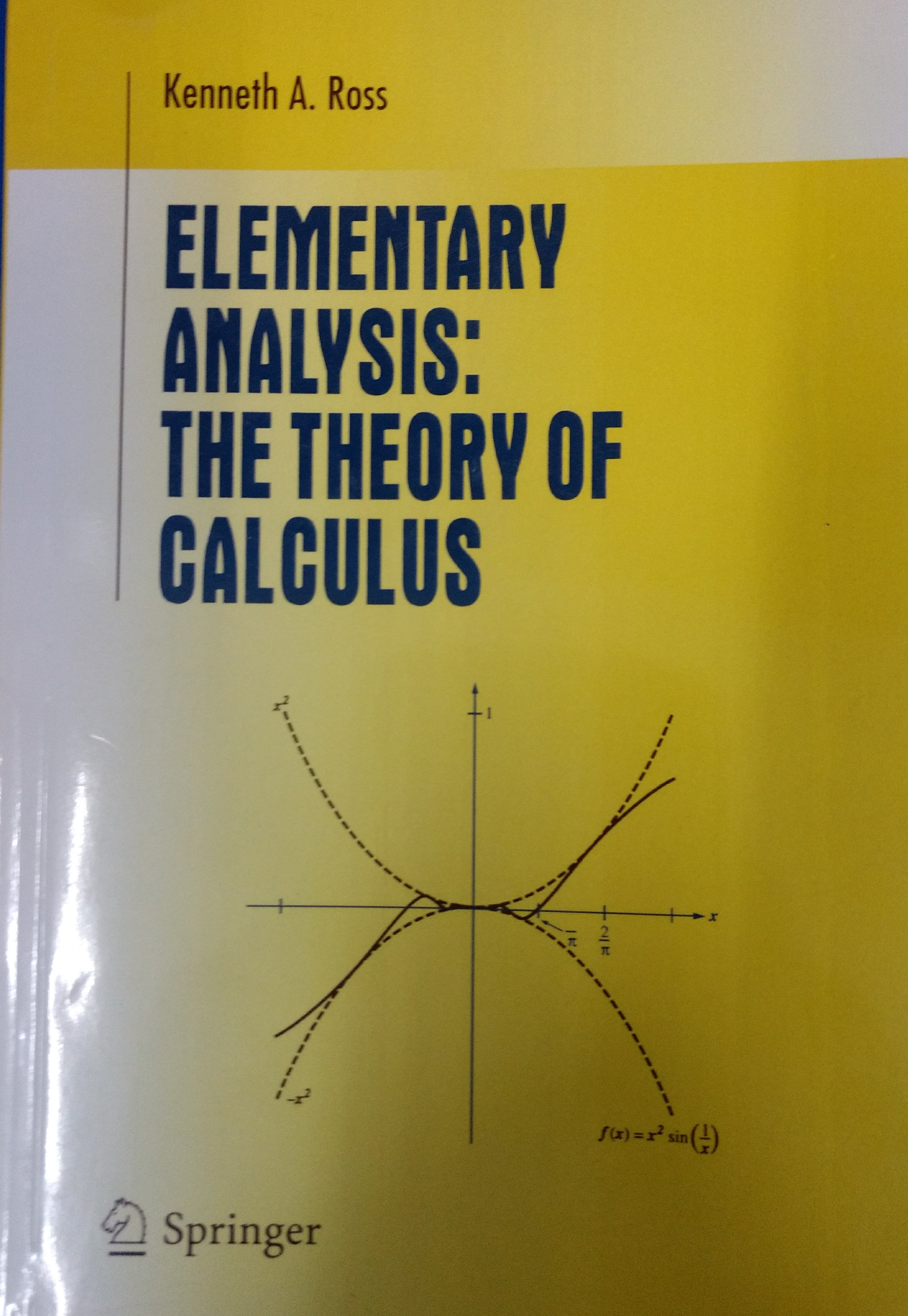Course Objective:
The objective of this course is to provide an understanding for the graduate student on statistical concepts which include Correlation and Regression analysis, Partial and Multiple correlations, Theory of Attributes, Exact Sampling distribution and Estimation theory.
Course Outcomes:
By completing this
course the student will learn to perform the following: CO-1 Explain
Bi-variate data, Understand the principle of least squares and the procedure
of fitting of any functional relationship. CO-2 Describe
different types of correlation, elaborate methods of calculating correlation
of both ungrouped and grouped data. CO-3 Understand the
method of regression analysis that helps in estimating the values of a
variable from the knowledge of one or more variables and the distinction
between correlation, regression and multiple correlations. CO-4 Explain the
difference between quantitative and qualitative variables. CO-5 Explain
independence of attributes, consistency of data, various measures of
Association. CO-6 Understand the
concepts of population, sample, parameter, statistic, estimator and estimate,
sampling distribution and standard error. CO-7 Describe types
of estimation and the characteristics of an estimator. CO-8
Explain the difference between ML estimation and
moment estimation.

- Teacher: PANAM SRAVANI
| Course Outcomes:- | ||||||||||||||||
| The course will help students to develop the ability to: CO1: Write algorithms and Pseudo-code CO2: Draw flowchart to solve given problem CO3 : Analyse an algorithm CO4: Implement Linear and Non-Linear data structures CO5: Summarize searching and sorting techniques CO6: Describe stack,queue and linked list operation and implement them using OOP concepts. CO7: Articulate applications of various data structures CO8: Make a choice of the appropriate data structure to solve a programming problem | ||||||||||||||||
- Teacher: ANU VICTOR
The course is aimed at exposing the students to the foundations of analysis which will be useful in understanding various physical phenomena
Course Outcomes:
After completion of this course the student will be able to:
CO1: Understanding the concept of Sequence and the convergence of sequences and series
CO2: find the interval and radius of convergence of power series
CO3: Use the definitions of convergence as they apply to sequences, series, and functions
CO4: Determine uniform convergence of a sequence of functions
CO5: Understand the convergence properties of power series
CO6: understanding of how Cauchy's criterion for the convergence of Sequences and Series
CO7: Determine the Riemann integrability and prove a selection of theorems concerning integration
CO8: Apply the Fundamental Theorem of Calculus to problems in the context of real analysis

- Teacher: DAYANANDA BABU V